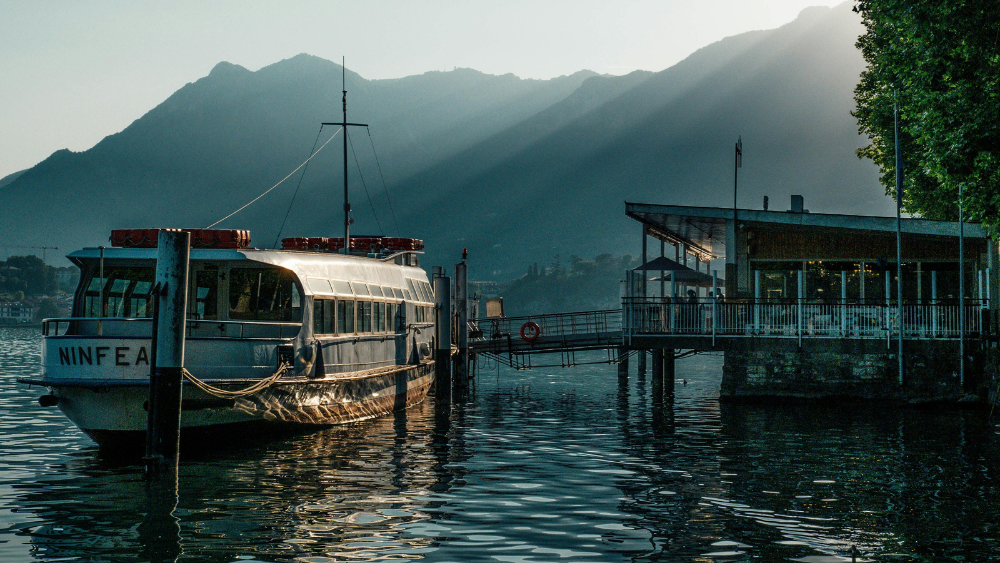We are well into the summer season, and many of us will be going on holiday for a well-earned break. But the travel and tourism sector contributes up to 5.4 billion tonnes of CO2e emissions annually (that’s 8-11% of all global GHG emissions). How can we travel and take sustainable holidays without damaging the wonderful places we long to visit?
At Positive Planet, we have been working closely with Diana Evans and her Green Team at HotelShop UK to look at how the travel sector might be impacted by climate change and what this sector can do to continue to operate more sustainably. HotelShop is one travel company that has made sustainability a key part of its business operations and behaviours and is committed to reducing its carbon emissions.
Together we have created a sector-specific Carbon Literacy training pack to educate and improve internal buy-in for HotelShop employees. Positive Planet is also measuring HotelShop’s Carbon Footprint and creating a Carbon Reduction Plan to ensure HotelShop can accurately and effectively reduce its carbon emissions.
The Climate Crisis and the Fate of Our Beloved Destinations
Average global temperatures have risen 1.1 °C above pre-industrial levels, and within just 6 years average temperatures are set to be 1.5° C higher than at the start of the industrial revolution.
As the world gets warmer, we can expect the climates of our favourite holiday destinations to continue to change and for places to experience more extreme weather events. Here in the UK, the Met Office reports that with every degree increase in global warming, we can expect up to 9 days of disruptive rainfall events and storms. Across Mediterranean Europe, temperatures are rising to become uncomfortably hot, over 40 degrees C and up to 60% drier. These conditions, including the increased risk of wildfires, could make taking a holiday in southern Europe in the summer months undesirable for many holidaymakers.

Further-a field, island destinations like the Maldives are forecast to be submerged by rising sea levels by 2050 leading to the loss of not just a favourite holiday destination but a loss of jobs and livelihoods and valuable income to the local and national economy.
COVID-19 demonstrated how sensitive the travel industry is to disruptions at a global scale. The pandemic hit the sector hard and it is still recovering in the face of a cost-of-living crisis.
The future of the travel sector will depend on its ability to rebuild a more sustainable and resilient tourism model that balances the needs of people, the planet, and prosperity, with net zero commitments and climate action playing a key role in this.
In response to the climate crisis, the World Travel and Tourism Council has created A Net Zero Road Map for Travel and Tourism . The framework proposes that all businesses within the travel sector, where feasible, should aim to reach net zero as soon as they possibly can, rather than just aiming for the 2050 deadline. With Online Travel Agents and Travel Agents having a net zero target to be achieved by 2030 or earlier, accommodation or in-destination activities by 2040, and cruises and airlines, who are currently more reliant on fossil fuels and dependant on the arrival of new technologies to get to net zero by 2050.
7 top tips to help you travel more sustainably
1. Choose a responsible/sustainable Travel Agent who has made a commitment to operating and providing low-carbon holiday options. At HotelShop they use the Cornell Hotel Footprinting Tool to help compare the emissions of hotel stays to find the more sustainable accommodation.
2. Select a hotel that cares about the environment. That source it’s food locally and provides good quality vegetarian and vegan options. Sustainable hotels will encourage guests to not overuse the air conditioning, launder towels daily, or provide any single-use plastic bathroom toiletries.
3. Travel slowly and for longer. Try to avoid plane travel, consider taking the train, especially across Europe, which has a great well connected, high-speed train network. Consider the travel as part of the journey, you get to see so much more of the places you travel by sitting on a train and you have the freedom to stop off and visit more places. Travelling by coach is another option, with many organised tours and opportunities for meeting new people.
4. Try to avoid buying unnecessary souvenirs, that in many cases have been made and shipped from other more industrial parts of the world. Buy locally made goods, that support the local economies.
5. Try not to take too many duplicate photos that then get stored on the cloud, or in a large warehouse with mega computers that need large amounts of energy to cool.
6. Try to limit your waste. Take a water bottle and fill it up locally to avoid buying plastic water bottles that can end up as ocean plastic.
7. Consider eco-friendly attractions and activities that help us focus on the natural world, whether that is choosing a paddle board over a jet ski or a hike over a theme park. You will see and learn more about the place you are visiting and care for them more.
So, as we set that out-of-office email notification, switch the suits for sandals, and take a well-earned holiday, be sure to take only photos (but not too many) and leave only footprints.
If you’d like to follow in HotelShop’s footsteps or want to be a trailblazer in your industry, reach out to me directly or contact: enquiries@positiveplanet.uk and see how Positive Planet can help you on your journey to net zero.

